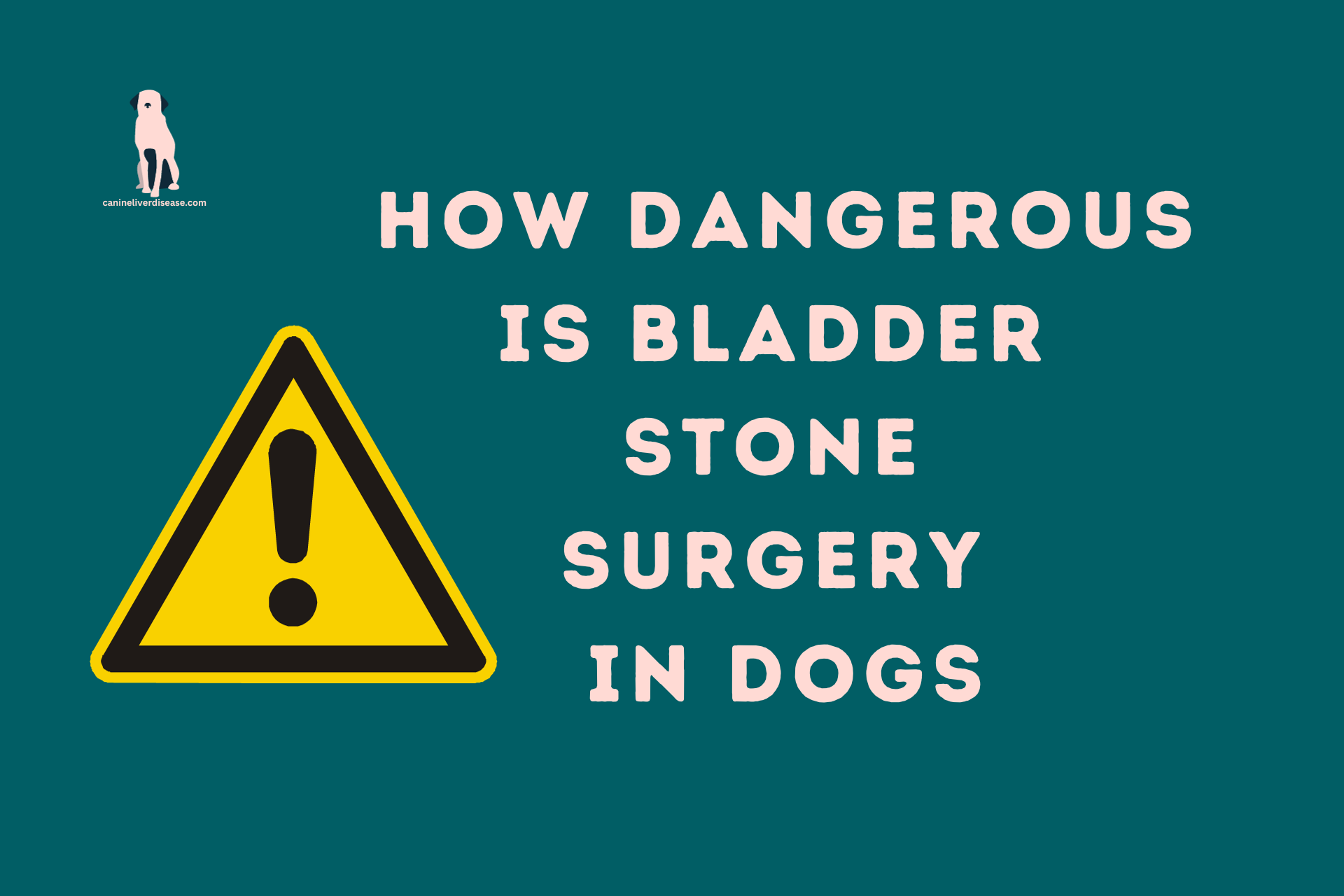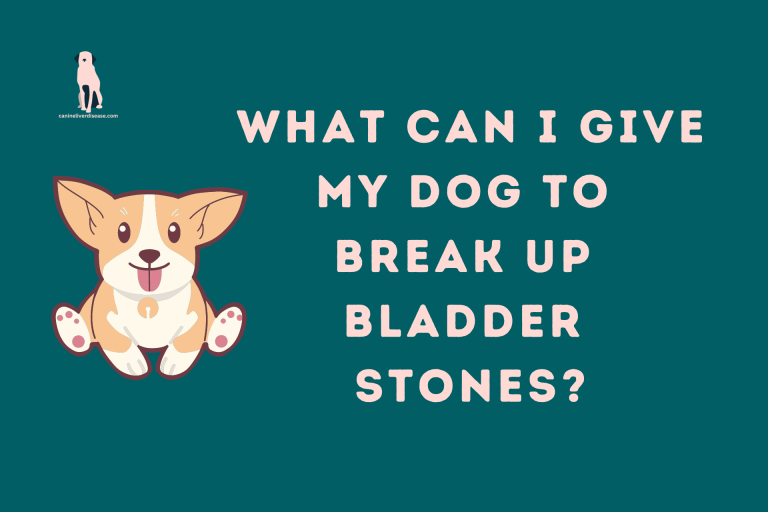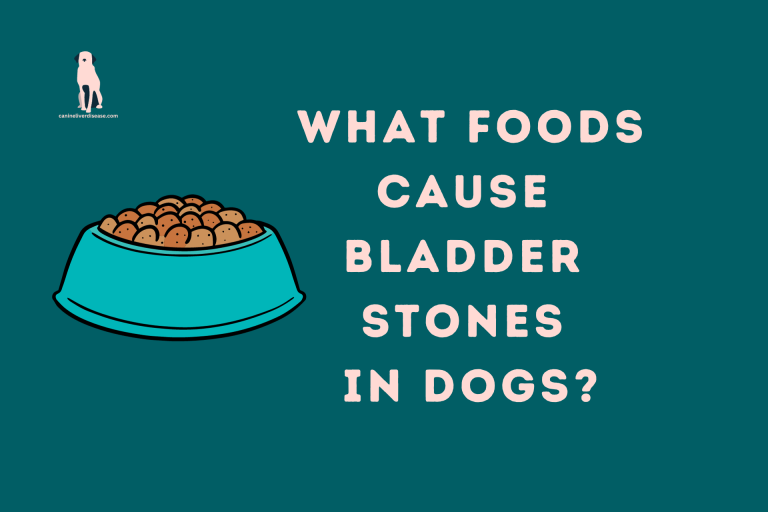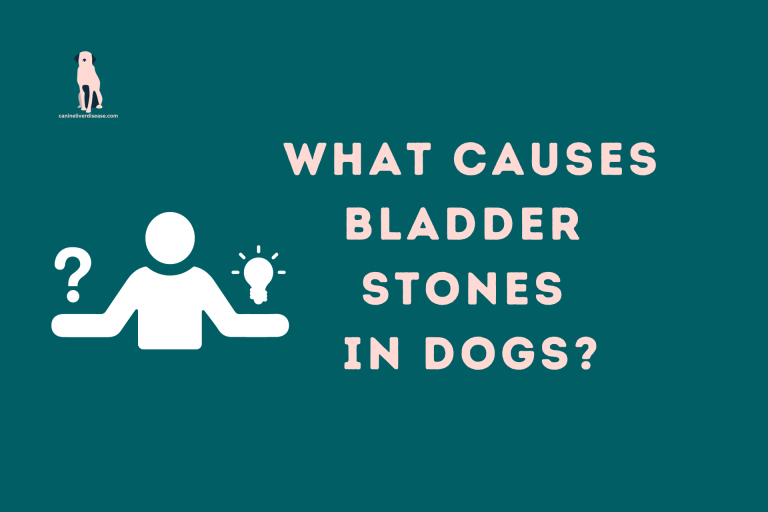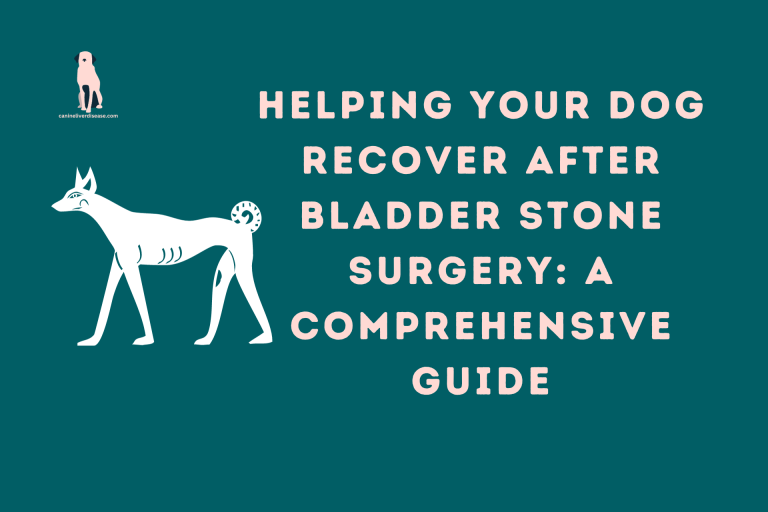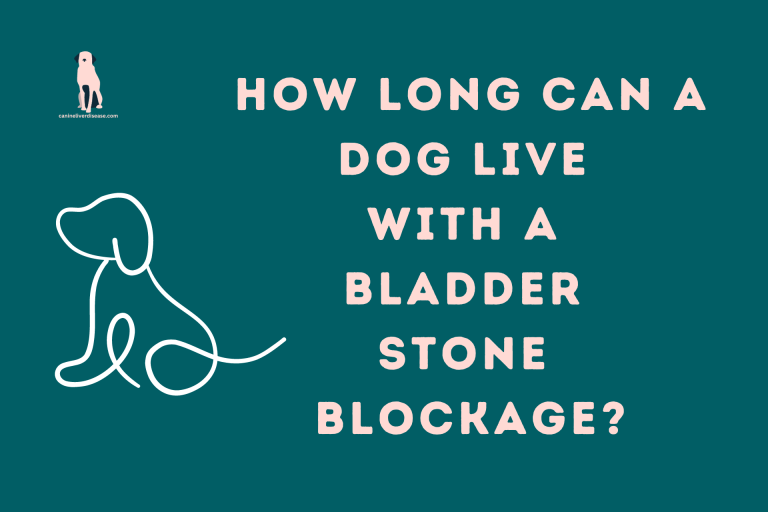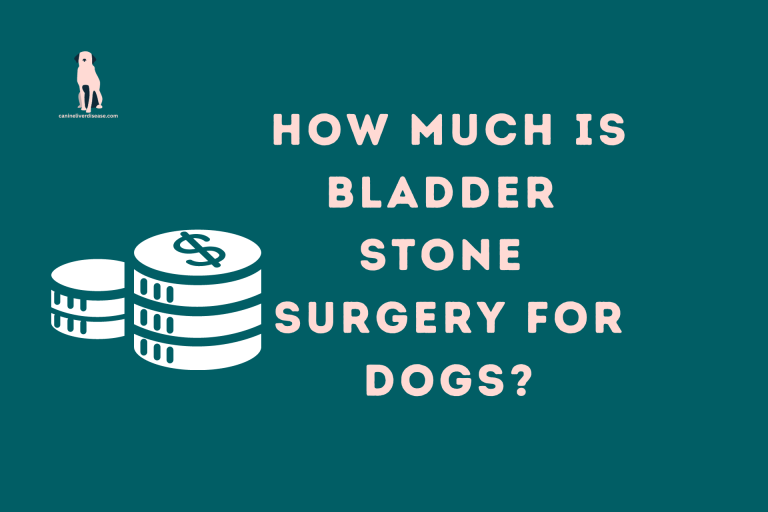How Dangerous Is Bladder Stone Surgery In Dogs
While often necessary, bladder stone surgery in dogs can cause pet owners’ concerns. This informative article will delve into the safety aspects of this procedure, discussing key factors such as safe practices, anesthesia, surgical site infection, bleeding, urinary tract injury, postoperative pain, urinary retention, anorexia and vomiting, inflammation or irritation, recurrence of bladder stones, and the impact of pre-existing health conditions.
We aim to provide a clear and concise guide to help you understand the potential dangers and how to mitigate them for your beloved canine companion.
The Importance of Safe Practices
Ensuring the safety of your furry friend during bladder stone surgery is paramount. Veterinarians adhere to strict safety protocols to minimize risks. These practices include maintaining a sterile environment, using quality surgical equipment, and monitoring the patient’s vital signs throughout the procedure.
Anesthesia for Dogs
Anesthesia is crucial in keeping your dog comfortable and pain-free during surgery. It’s administered by experienced professionals who carefully select each patient’s appropriate type and dosage. Using modern, safe anesthesia techniques significantly reduces the risks associated with sedation.
Surgical Site Infection
One common concern is the risk of infection after surgery. Veterinarians take rigorous measures to prevent this, such as proper wound cleaning, sterilization of instruments, and prescribing antibiotics when necessary. Owners can contribute by keeping the surgical site clean and following postoperative care instructions diligently.
Bleeding During the Surgery
Bleeding during bladder stone surgery is a potential complication. Skilled veterinarians and well-equipped facilities help minimize this risk. Advanced surgical techniques and hemostatic agents control bleeding, ensuring your pet’s safety.
Urinary Tract Injury
Accidental injury to the urinary tract is a rare but serious concern. Veterinarians exercise caution to avoid damaging surrounding structures while removing bladder stones. Regular follow-up appointments can help detect and address any post-surgery urinary issues promptly.
Postoperative Pain Management
Managing postoperative pain is a top priority. Pain medications are prescribed to ensure your dog’s comfort during recovery. Follow your veterinarian’s guidance on administering these medications to prevent discomfort and distress.
Urinary Retention
Some dogs may experience difficulty urinating after surgery. This is typically temporary and can be managed with medications or catheterization. Regular monitoring and communication with your veterinarian are crucial.
Anorexia and Vomiting
Loss of appetite and vomiting can occur in the postoperative phase. Monitoring your dog’s food intake and reporting any persistent issues to your veterinarian is essential. Adjusting the diet or medications can help alleviate these symptoms.
Inflammation, irritation
or irritation at the surgical site is possible. Following postoperative care instructions, such as keeping the area clean and dry, can aid in preventing complications.
Recurrence of Bladder Stones
Despite surgery, bladder stones can sometimes recur. Regular check-ups and dietary modifications your veterinarian recommends can help reduce the chances of recurrence.
Impact of Pre-Existing Health Conditions
Pre-existing health conditions can complicate bladder stone surgery. Your veterinarian will evaluate your dog’s overall health and tailor the procedure and recovery plan to ensure the best possible outcome.
Q: Is bladder stone surgery safe for all dogs?
A: Bladder stone surgery is generally safe, but it depends on the individual dog’s health and the experience of the veterinary team. Consult with your veterinarian to assess your dog’s suitability for the procedure.
Q: How long is the recovery period?
A: The recovery period varies depending on the dog and the complexity of the surgery. Typically, it ranges from a few days to a few weeks.
Q: Can I prevent bladder stones in my dog?
A: Dietary changes and regular veterinary check-ups can help reduce the risk of bladder stones. Consult your veterinarian for personalized advice.
Conclusion
In conclusion, while bladder stone surgery in dogs carries some risks, most procedures are performed safely with positive outcomes. The key to ensuring your pet’s well-being lies in choosing a skilled veterinarian, following postoperative care instructions diligently, and maintaining open communication with the veterinary team. By understanding the potential dangers and taking proactive measures, you can provide the best care for your furry friend.
